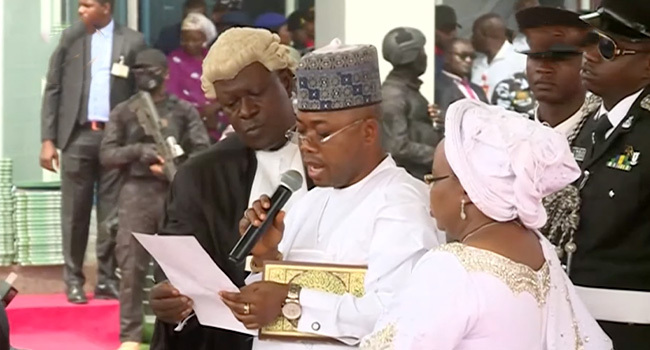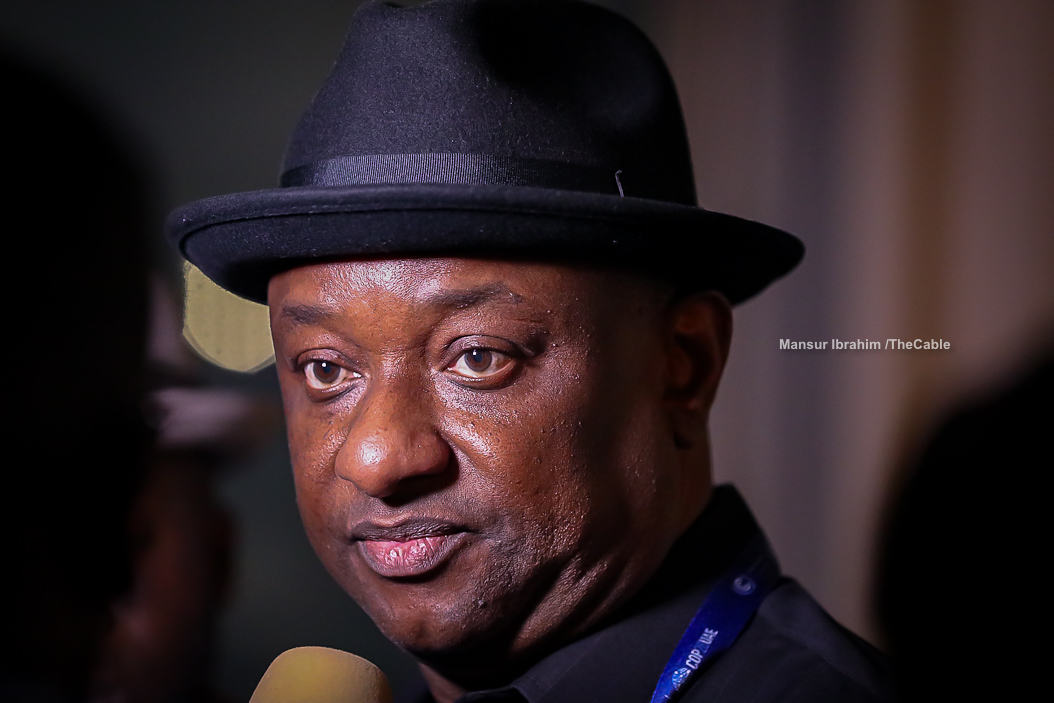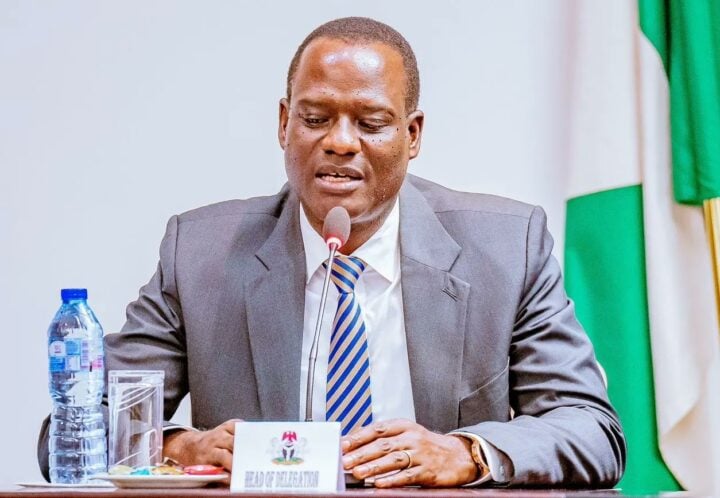Suleiman Mohammed, the 5th vice-chancellor of Nasarawa State University (NSUK), assumed office in 2018 and has since spearheaded several initiatives to revitalise the university.
In this interview with TheCable’s SAMUEL AKPAN, Mohammed spoke on key issues within the nation’s education sector, providing insights on what should be done to make universities in the country globally competitive.
TheCable: When you were appointed as vice-chancellor of Nasarawa State University, what agenda did you set for yourself?
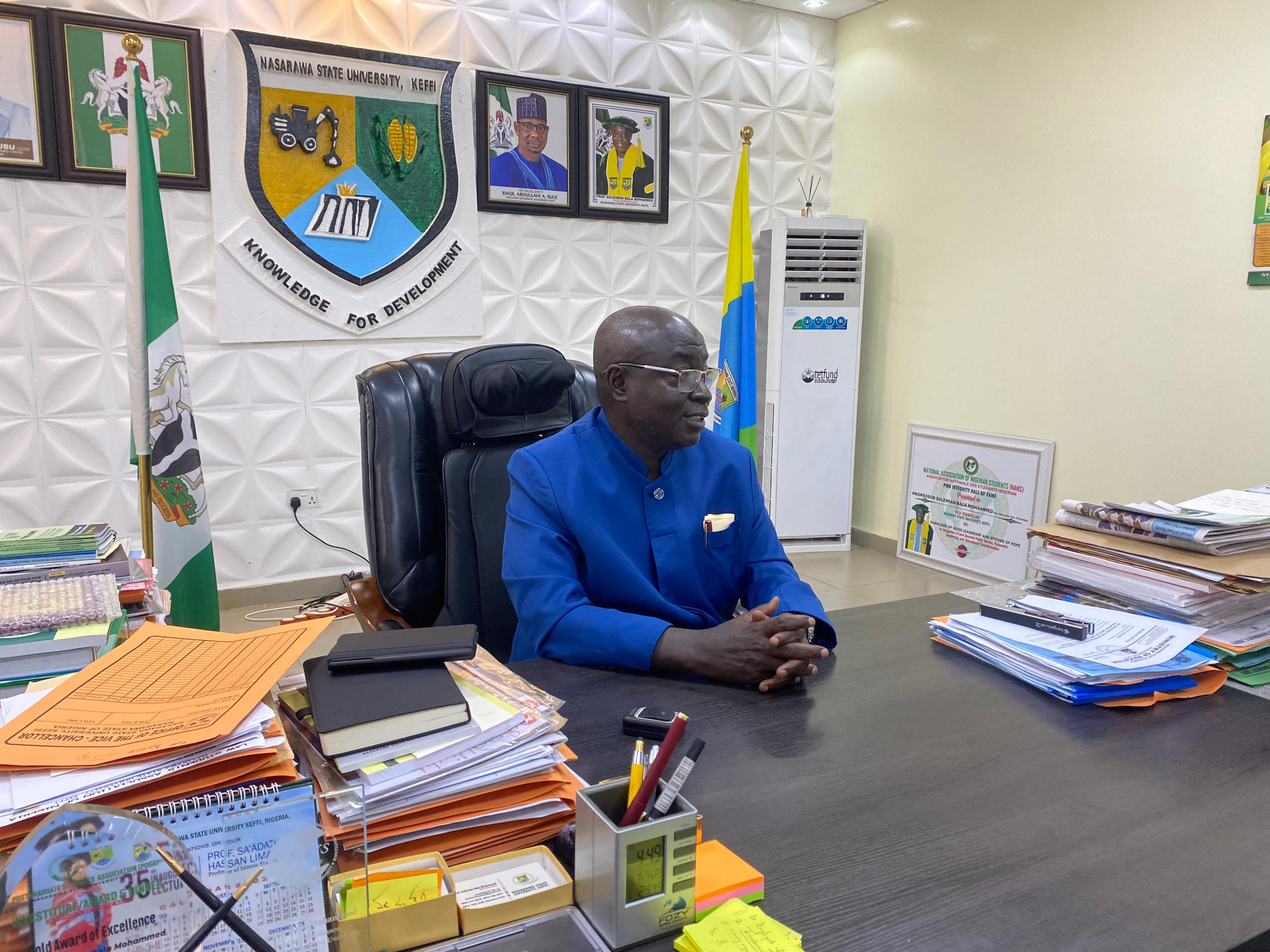
Mohammed: I came up clearly with a work plan that we would transform the university and ensure infrastructural, academic, and ICT developments. What I did was subject that work plan to different levels of stakeholders: the committee of deans and directors, the university senate, the university congregation, the university management, and principal officers. They all gave their input. At the end of the conversation on the work plan, we came up with a plan for the development of the university that will cover my tenure of five years.
Advertisement
I was particularly concerned about putting up the faculty of engineering with three programs: electrical and electronics, civil, and mechanical engineering. I was also particular about establishing a college of health and medical sciences. I was committed to transforming the ICT of the university in such a way that it would drive teaching, learning, and research. It was also part of the plan that research occupies the central position. We also wanted to fight unethical conduct because we realised that some of our colleagues were abusing their positions, collecting all kinds of things from the students, and compromising standards. We decided that we would fight a vigorous war against unethical conduct.
TheCable: Years down the line, what have you been able to achieve with your agenda?
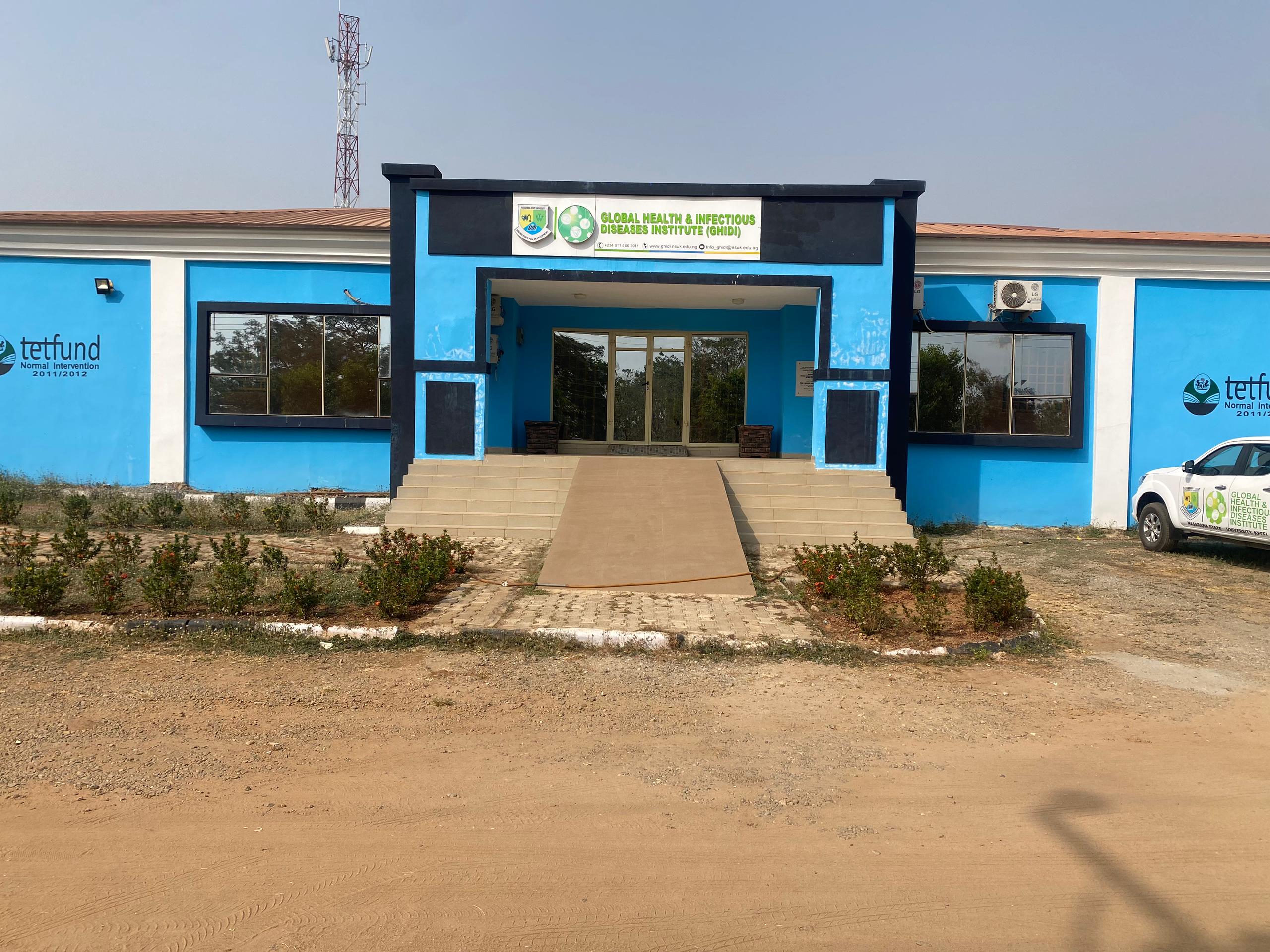
Mohammed: I feel good as I am winding up my tenure. I feel fulfilled, and I can look back and be happy with myself. On infrastructure, I have been so fortunate to have support from TETFund and I have impressively utilised the support and intervention. I used it to build this present senate building, an excellent workshop in the faculty of engineering, buy equipment for engineering and build the college of health sciences. I was also able to get support for the building of ICT.
Advertisement
Today, we have a 1,000-seater capacity ICT that is fully equipped. Through TETFund, we were able to build our college of medical sciences; at least, phase one is completed, and the college has taken off with two programmes: community health and health information management. Through interventions, we were able to build our library. It is one of the most fantastic libraries around, and we feel good about it. We have met some of our infrastructural deficits through the intervention of TETFund. As far as infrastructure is concerned, TETFund has given us massive assistance that has transformed the university. If you go around the university, you are likely going to assume that it is a TETFund university.
TheCable: The insecurity in the nation has spilled into campuses, with lecturers and students being kidnapped. How has your school been affected?
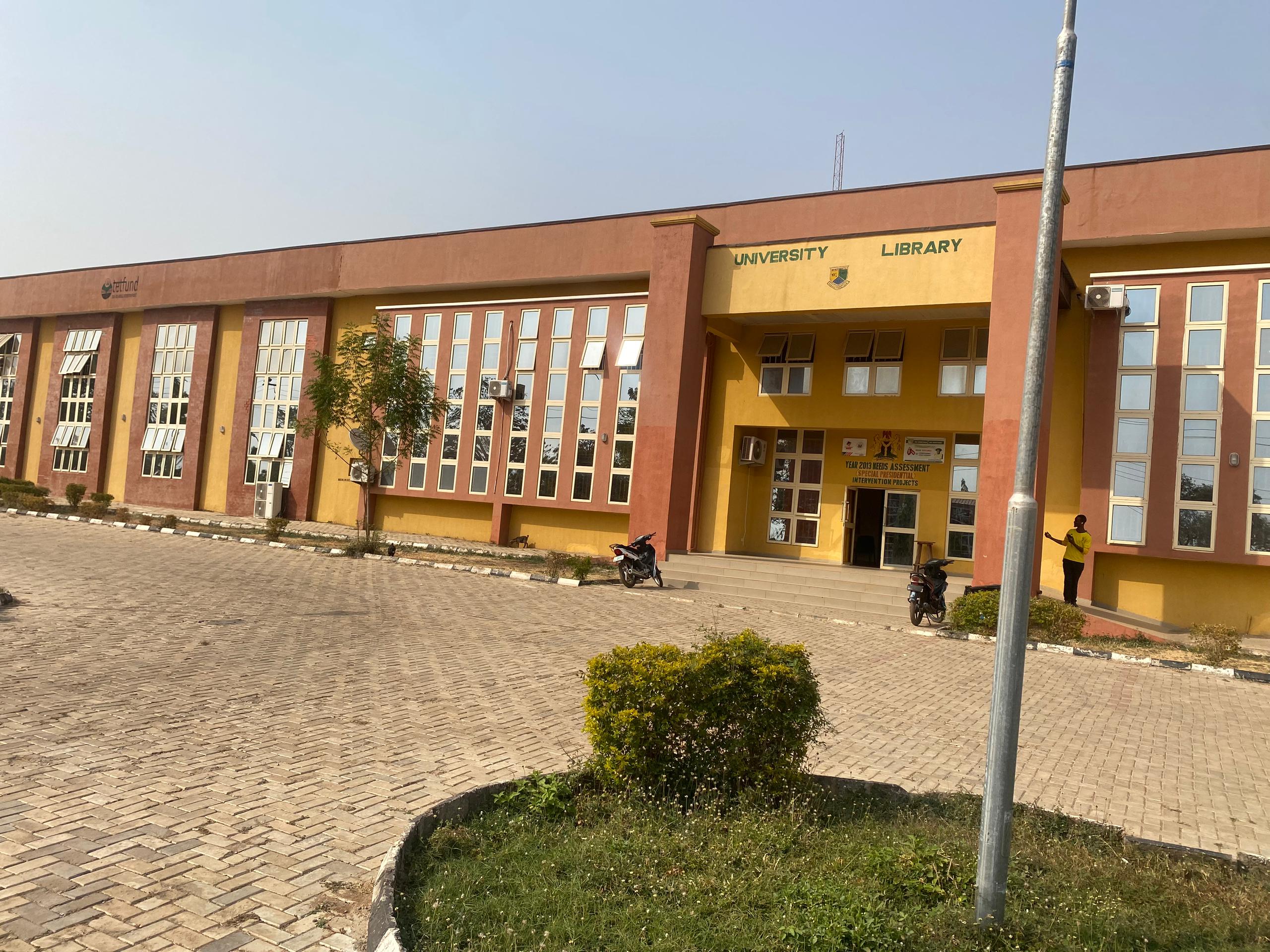
Mohammed: On the last count, about four or five of our lecturers were kidnapped at different times. Fortunately for us, they were all rescued. A number of our students were also kidnapped, of course, in their off-campus accommodation. We have received our share of insecurity. At the level of the university, we have two kinds of security. We have regular university security, which is led by a retired colonel; then, of course, we have private security that we recruited, and they are working with our internal security. We have an arrangement with the state security agencies—the police, DSS, civil defence, and military—they are all working together. For example, we have been working with the DSS to get intelligence information about cultism and students who are trying to sabotage us.
What we did that was extraordinary was that we took a trip to the commandant-general of the civil defence and told him that we were aware that he wanted to establish a safe school project and that we wanted to be part of it. He was delighted and said he would make us the centre in Keffi and that he would give us an armed squad on our campus. As I speak with you, we have an armed squad of civil defence that is on all our campuses, working directly under the chief security officer. I can tell you that as far as on-campus security is concerned, we are on top of the situation, but off-campus has been challenging.
Advertisement
TheCable: Inflation keeps rising, resulting in fee hikes in some institutions. Has your institution increased its fees?
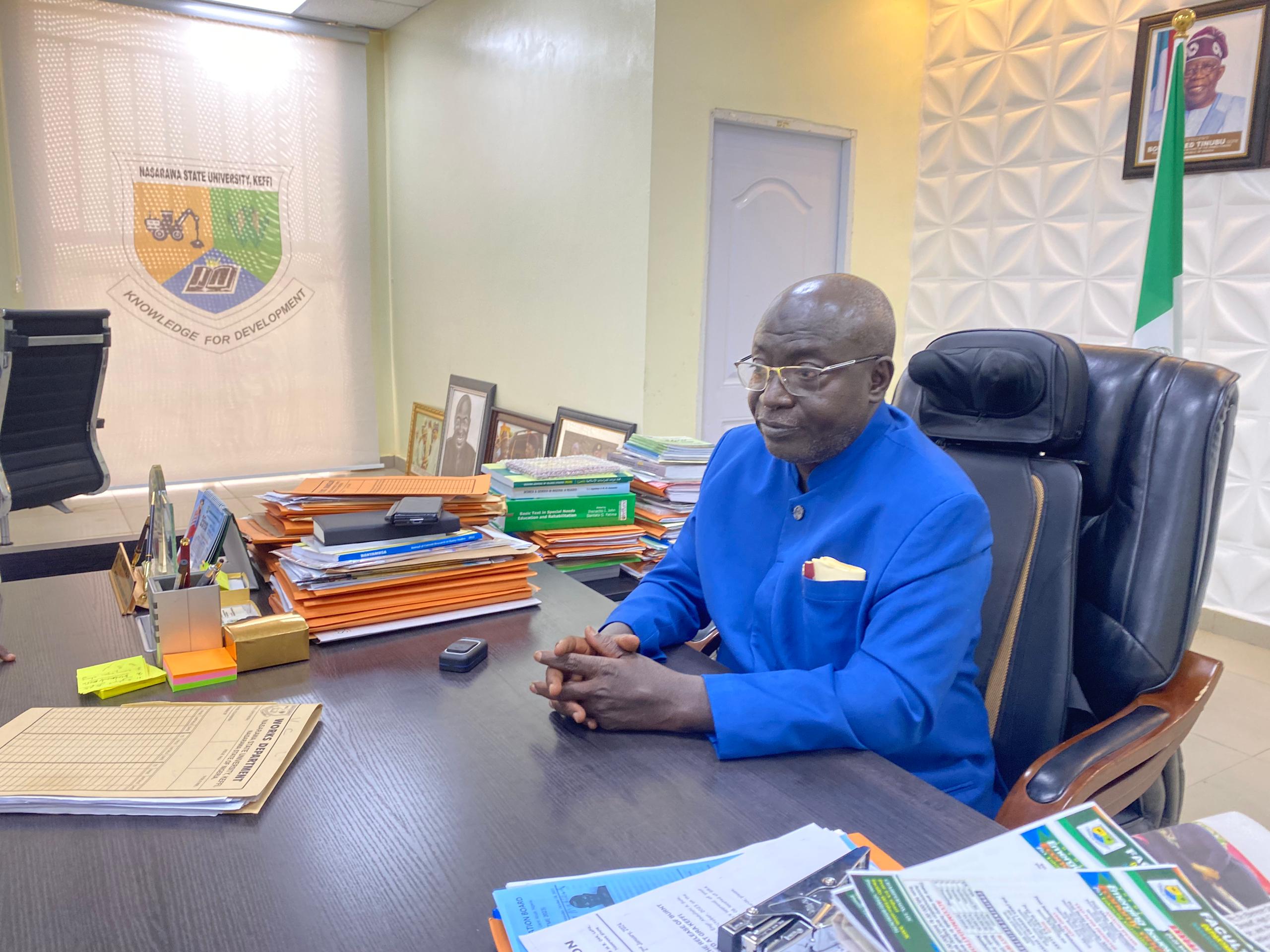
Mohammed: Things are very difficult for the university administrators because, as you rightly observed, the economic meltdown has affected the cost of governance. What we pay for diesel and the power holding company has gone up seriously. To maintain services for the students, whether it is the maintenance of hostels, classrooms, or some other facilities, is so expensive. Not to talk about the consumables that are being used in the laboratories. It is tough, and the funding is not there. It is not so surprising that some institutions have taken to increasing school fees. For our institution, we are fortunate that the government has taken over the payment of our salary, so I don’t think we have any plans to increase school fees. We will just manage what we have, hoping that things will improve.
TheCable: Are you in support of autonomy for universities?
Mohammed: What we really expect is some autonomy for the universities. What is critical is that the university must have a life of its own. It must also be an institution where there are no interferences, whether bureaucratic or not.
Advertisement
TheCable: Can universities run without funding from the government?
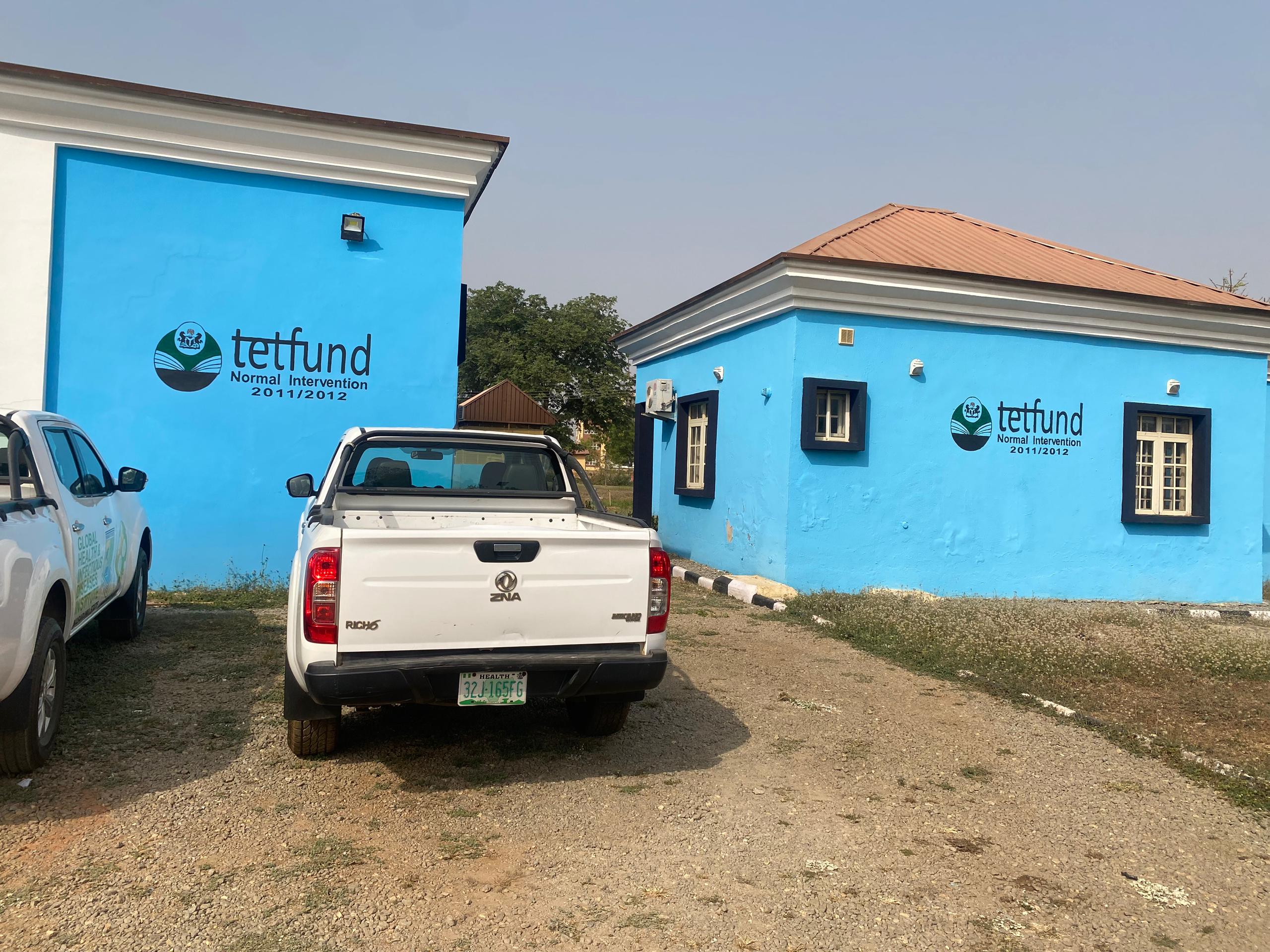
Mohammed: There is no way you can do it without the support of the state. For example, consultancy. We have seen over the years that consultants are brought from abroad to work for the government. The work can be done by universities. So, the government must also support the universities. They must ensure that some work that can be done by the universities are given to them instead of hiring consultants from abroad.
Advertisement
As per generating resources, that is how a university is supposed to run. A university is not supposed to go begging for funding. You can see what lack of funding has created for the Nigerian university system. The standard has fallen, and the universities are no longer as universal as we used to know them. In the 70s, and even in the early 80s, if you go to any campus of a Nigerian university, what you will find is a community of intellectuals, scholars, staff, and students that is clearly international.
If you go to ABU, the University of Ibadan, Lagos, Sokoto, Kano, you will see that the staff members are cosmopolitan from different parts of the world. There were Americans, Africans, and Europeans as faculty members. You will see people from different parts of Africa coming to study. But that can’t happen now. The salary component will not sustain somebody from the USA to come and teach here. The economic paralysis means that there are no hostels on campus; even the ones that are there are substandard. Therefore, you can’t expect somebody to leave Rwanda to come and stay here.
Advertisement
TheCable: ASUU is against the Student Loan Act. What’s your opinion?
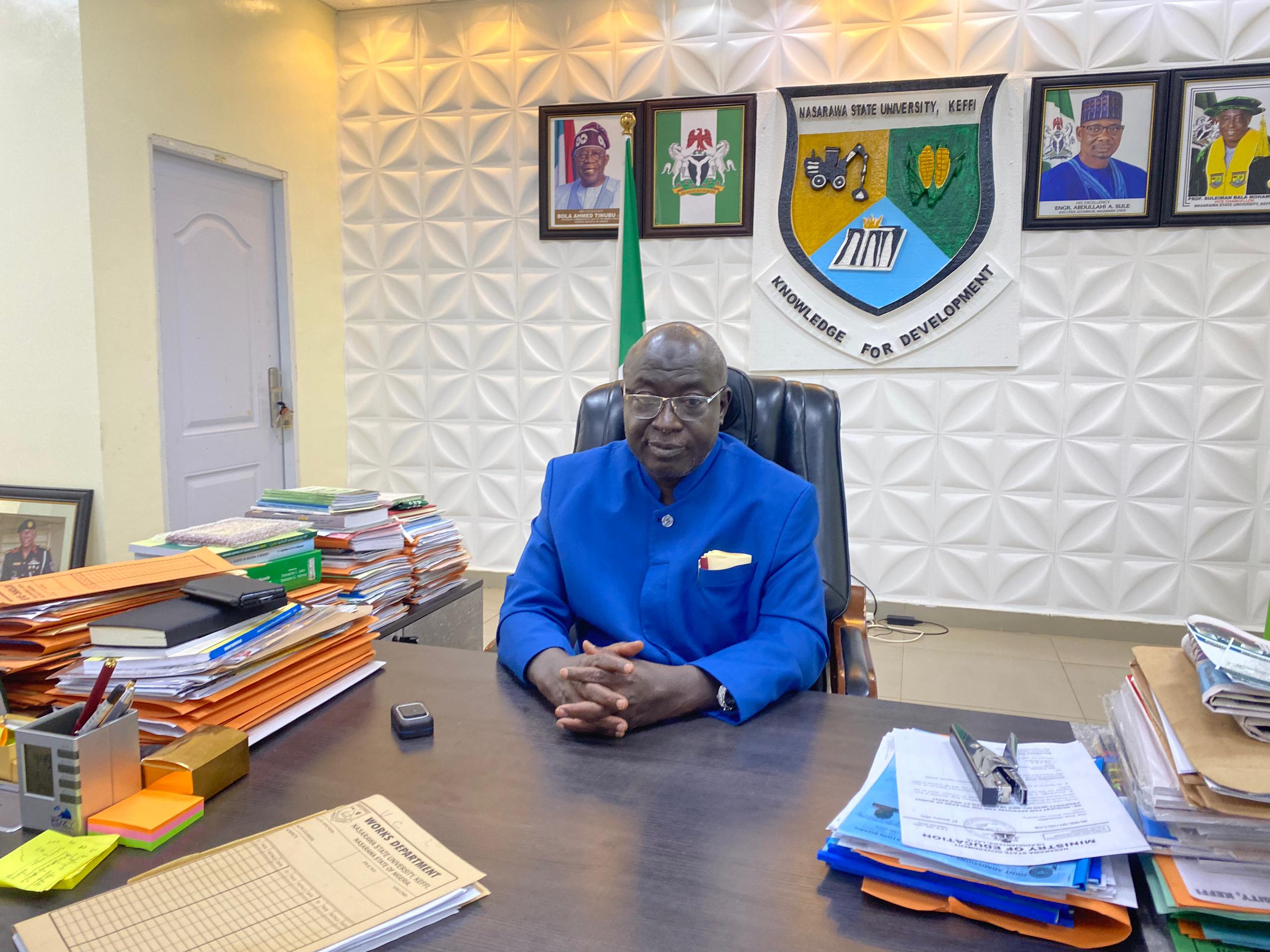
Mohammed: I don’t think ASUU was objecting. My understanding is that they are calling for caution in the implementation to ensure that all the needful is done to ensure that the loan is accessible to all students who are willing to access it. It is to ensure that there is some fairness and that the scheme is such that it answers the problem that it was meant to resolve. I think these are generally the concerns of Nigerians because this student loan is something that is obtainable in some countries around the world and it is working.
Advertisement
You can collect the loan, do your studies and there is a mechanism for payment. But if you look at the history of the country and stories about loans provided to farmers, small-scale businesses, and artisans, you know how it is. Access is a problem. You need to have some contacts before you get them. Those who collect it will divert it and use it for other things. These are the concerns that people have been expressing. The idea is to see that the issues are resolved so that once the loan takes off, it addresses the issue of funding student education so that, as a student, you can go to a university, pay your bills, live a decent life, do some good studies, and graduate. And when you graduate, you begin to pay the loan when you have a job.
Technically, on paper, nobody can fault this.
TheCable: In essence, you mean it must be implemented effectively.
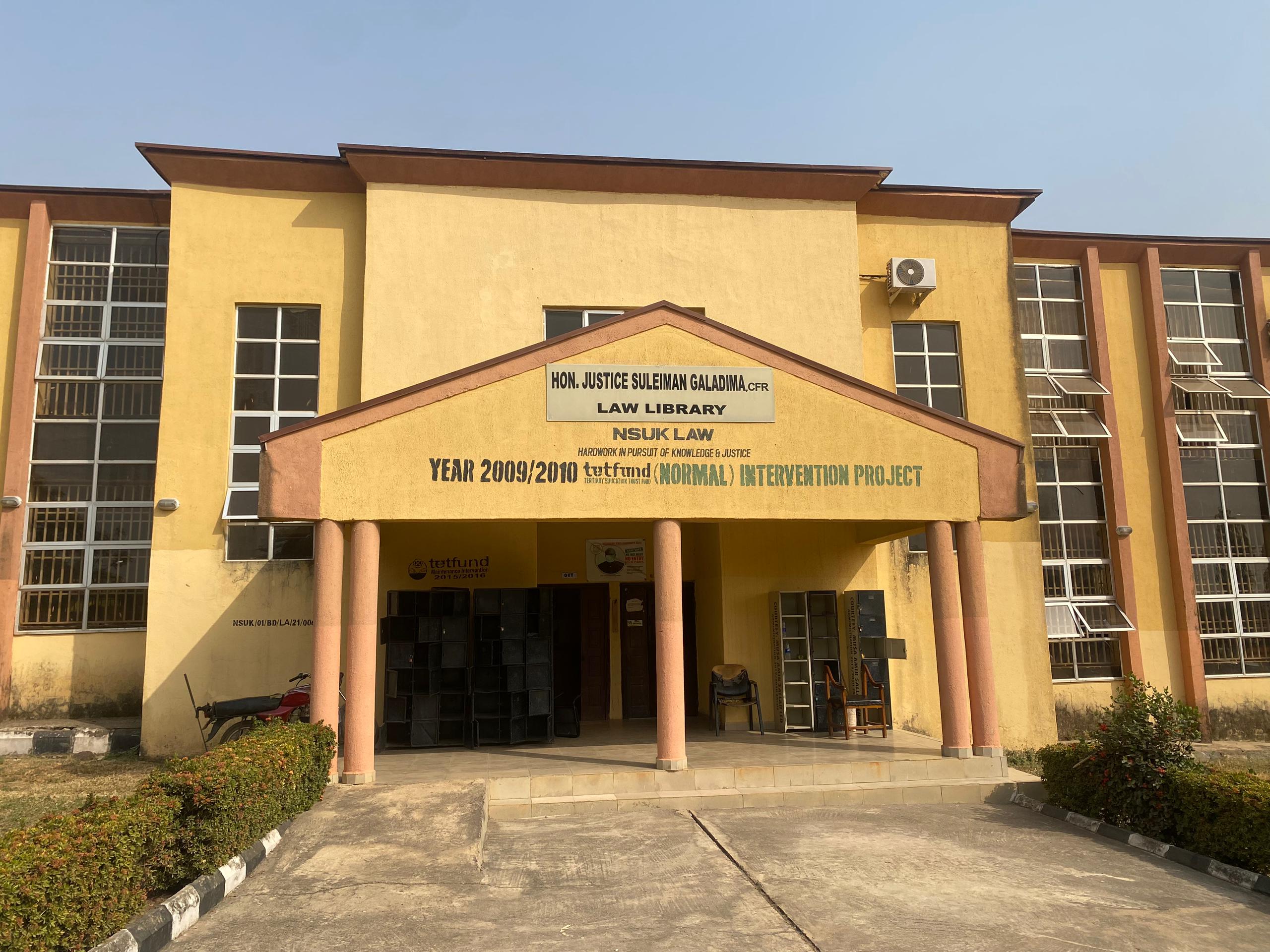
Muhammed: Yes, it will resolve a lot of problems because, whatever fees the universities charge, students will be in a position to pay. The issue is access. For example, how do students from less privileged backgrounds access education, knowing fully that education is the only avenue to social mobility?
TheCable: The national assembly wants JAMB to extend the validity of the UTME results from one to three years. Do you support this?
Mohammed: If you look at the number of candidates who are applying on an annual basis, you will realise that it is going to be a serious challenge. For instance, maybe 1.5 million people applied, and about 600 to 700 were admitted. The following year, the same thing happened. The pass rates are going to be too high. At the end of the day, you may not be able to admit even one-third of the candidates who are applying.
But I understand the concern of the national assembly. I understand the concerns of Nigerians about the fact that year in and year out, students write exams. Some of them will pass and will have no admission. But the larger question that has to be addressed is: how do we increase access so that every citizen who is desirous of university education and who has passed the requisite exams has access to the university? For me, that is just the issue. The issue is about access. No matter what you do, if you don’t improve access, it will still come down to nothing.
We have a situation where we have many universities. When you create these universities, their carrying capacities are still limited. So, if you create four to five public universities, their carrying capacities are not more than 2,000 to 4,000. You can effectively do this by increasing facilities and infrastructure at existing universities. For example, one university can admit 100,000 or 50,000 students. But the maximum we have now is about 10,000 plus. This is at larger universities. For us in Keffi here, it is about 6,000.
TheCable: While the health sector is being hit by brain drain, academia has also been affected. What should be done to keep the best brain in the nation?
Mohammed: I agree with you. The question to ask is: What are the push factors? The push factors are simply the condition of service, including salaries and other benefits. If you look at the salary of a Nigerian academic and medical doctor and convert it to dollars, you see that it does not have anything. That is why people cannot come and work here. For those of them who are working here, if you don’t have a strong attachment to the country, maybe through your family or community, you begin to ask yourself why you need to stay. The salary is such that it cannot take you home.
No social insurance policy says if you have an accident at work, they will take care of you, or if you die, there will be a good pension system for your family. By the time you put all these together, somebody may say, Look, let me japa. If you can ensure that there are better working conditions, including salaries and emoluments, and very humane and decent conditions, people will not go anywhere.
TheCable: You mentioned several TETFund projects that have helped the infrastructure of your university. How would the situation at tertiary institutions have been if TETFund was not there?
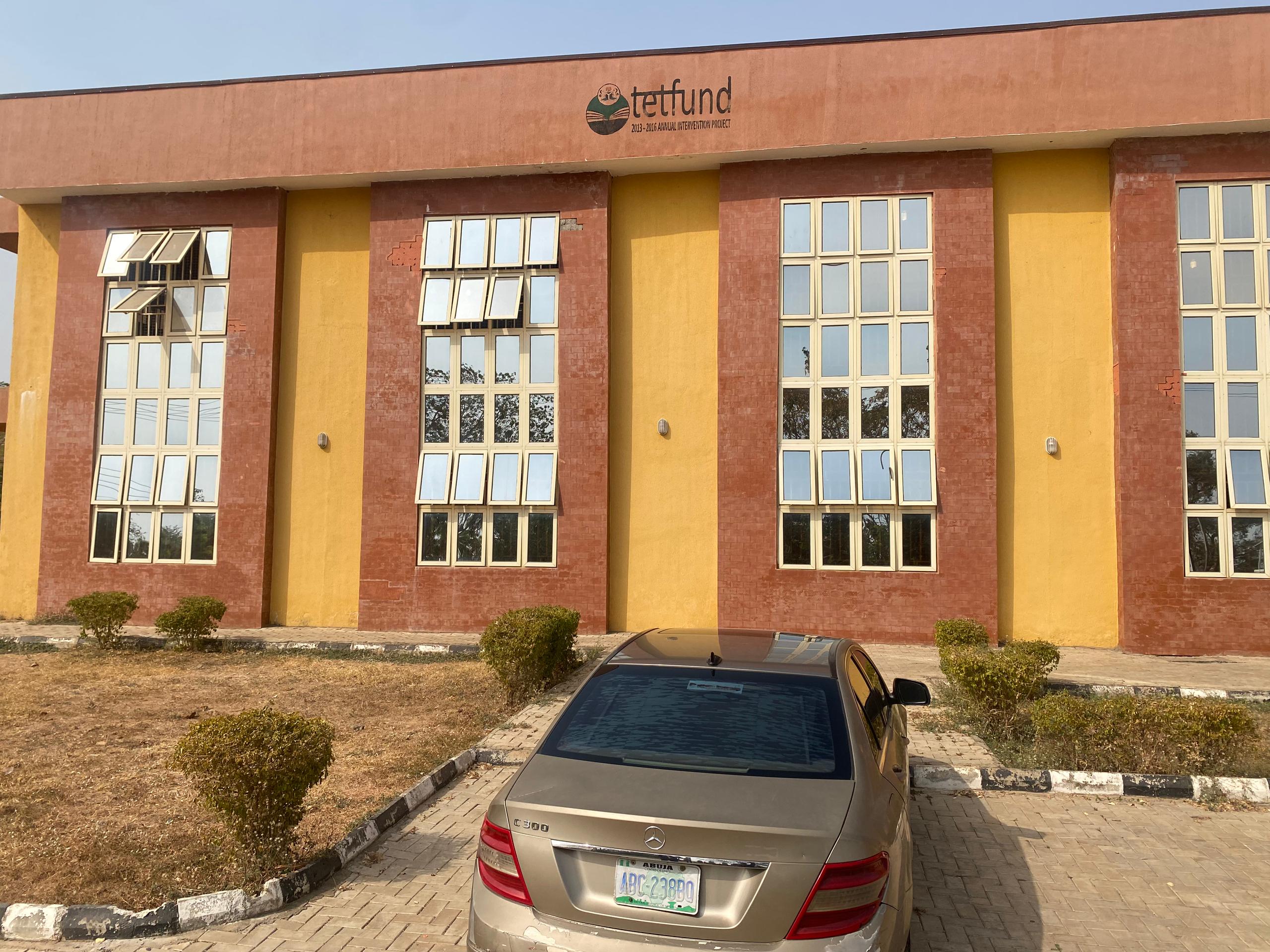
Mohammed: It would have been worse than what we have now. Clearly, you can see across public universities anywhere you go. I can tell you that is the story across all Nigerian public institutions, including the federal ones. It is TETFund projects that have dominated the landscape. It has gone to the extent that some state governments are establishing multiple universities just to benefit from TETFund. The evidence is very clear that you can now see private universities making agitations to get funds from TETFund.


